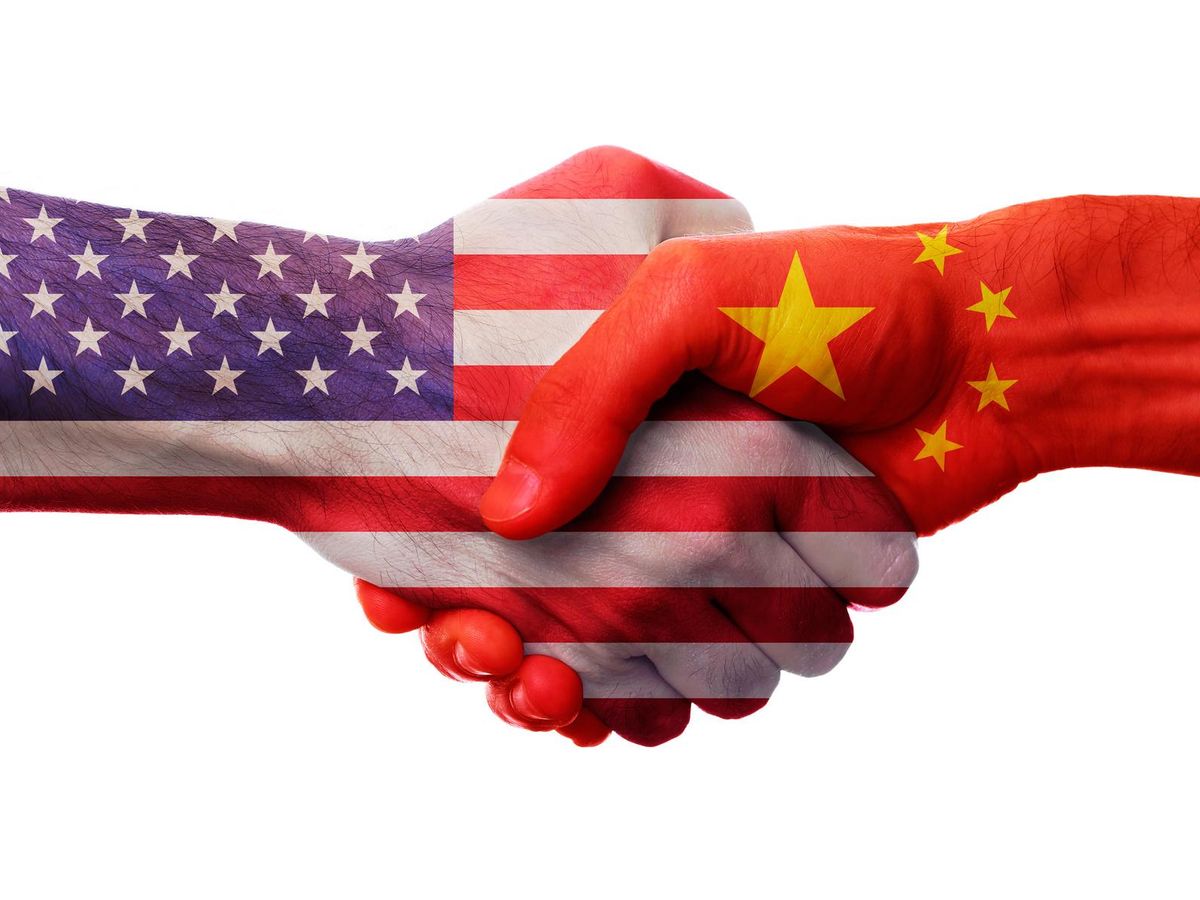
Entering the Chinese Market: What Do the Chinese Buy?
It is impossible to sidestep China as a market in these global economic times. It is home to approximately 1.4 billion people. Its economy has been steadily growing at an impressive rate for more than 20 years. Its foreseeable financial future looks secure and its newly minted middle class wants a standard of living similar to that of the West.
As multinationals jostle against each other and their Chinese competitors for a piece of the magic dragon pie, small companies without established global brands and limited resources are far behind in the game. Many are scratching their heads over a basic question: What do the Chinese people want to buy?
Chinese people’s buying habits are not particularly different from those of other emerging economies. Upon success, their purchasing patterns change to reflect their new-found financial well-being, often in ways that display their status. In addition to fulfilling their needs, they shop to impress their friends and to keep up with the Wings.
Many foreign brands have entered the Chinese market successfully and have established themselves in almost all aspects of life. Stroll up and down the aisles of grocery stores and you will see internationally recognizable brands scattered everywhere. Foreign personal care products such as shampoos and lotions fly off the shelves. Well-known brands are ubiquitous in the snack area. Imported wines sell well. In fact, just about every section of the store has non-Chinese brands.
However, look a little closer and you will begin to spot some of the adaptations made by international companies for the Chinese market. For example, potato chip flavors in China can be very different from those in the United States, even if they are sold under the same brand. Candy bars are smaller. Lotions boast about their skin-whitening properties.
Malls and shopping centers are full of internationally recognizable labels. People in China enjoy wearing well-known brands. Counterfeit luxury products are immensely popular but those who can afford to part with their money will spend cold hard cash for the real thing. Quite a few luxury-brand stores have firmly established themselves in cities such as Shanghai and Beijing.
Fast food outlets such as McDonalds, Pizza Hut, and KFC have done very well in China, but their menus have been changed to reflect the country's palate. Starbucks has managed to convince a tea-drinking country to occasionally sip coffee.
There are many ingredients that go into successfully reaching Chinese customers. Many are unique to their specific industries, therefore it is important to study the peculiarities of the target market. However, regardless of market segments, general business rules also apply across the board. Companies who want to sell in China must compete in one or more of the following categories:
- Brand: Well-established multinational companies have a clear advantage when it comes to selling in China. Just like people everywhere else, the Chinese are influenced by what they see on television and in movies. To the average person, a can of Coke is more appealing than an unknown brand of cola because he or she feels more certain about what to expect from the experience of drinking it.
- Quality: Companies that make products that are significantly better than what is already on the market also tend to do well in China. People who have the money are willing to pay more for quality when they can clearly see a difference. For example, Japanese and American cars are very common on city streets throughout China. This is the case even when their prices are significantly higher than Chinese-made cars that have a poor reputation for quality.
- Price: Foreign companies that make products that can compete on price against their Chinese counterparts will likely do well. However, this is not an easy feat to accomplish. Most products made by international companies, even when produced in China, are more expensive. The trick is to price them within a reaching point of Chinese brands. If a foreign product is not much more expensive, people will likely give it a try even if it is not a well-known brand. The prevailing perception is non-Chinese products are better quality.
Success anywhere, including China, isn't 100 percent assured. It is, however, certain that companies that do their homework will do better than those that neglect completing basic steps. Research and preparation are prerequisites to entering a new market.China is no different.



